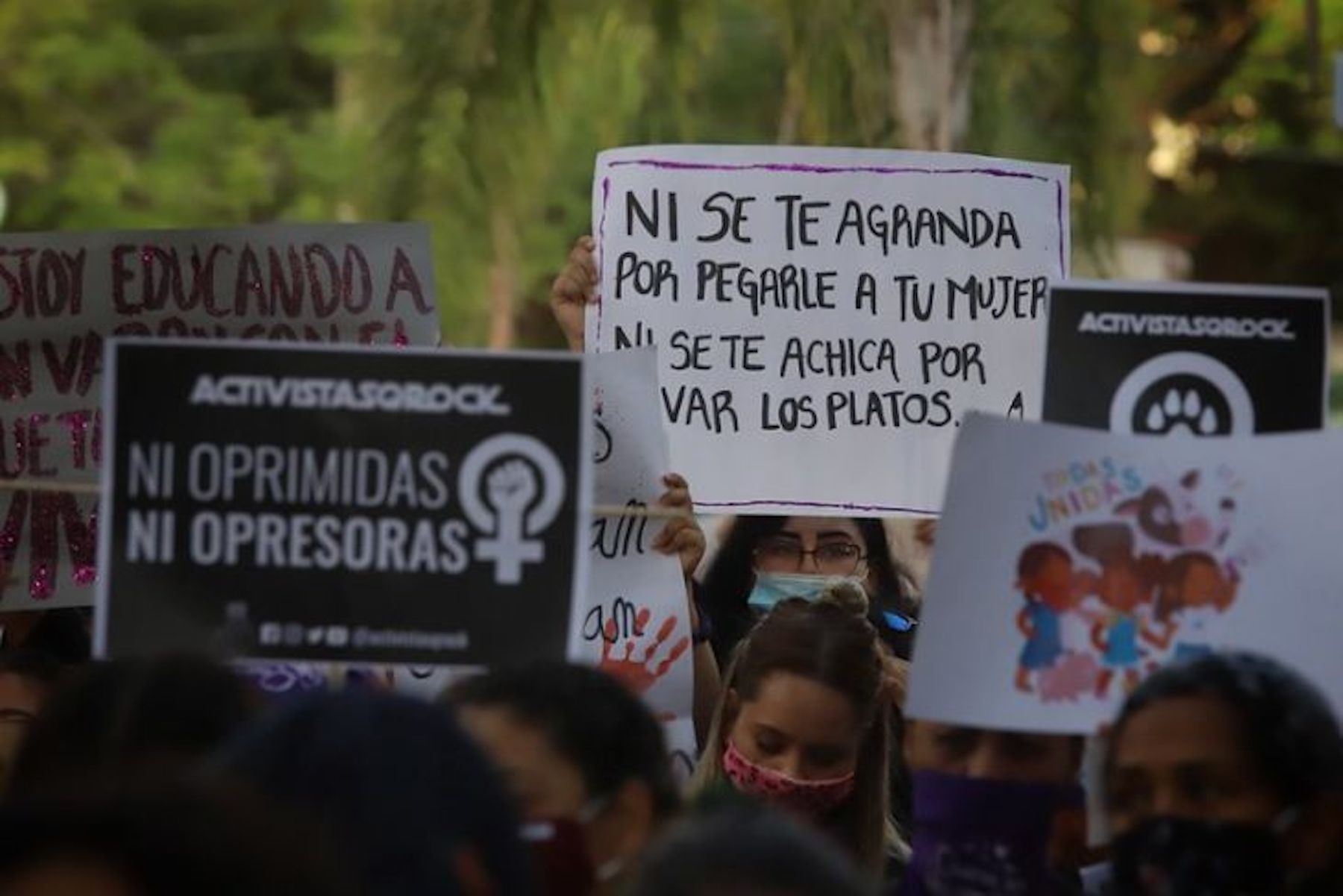Guest Blog by Jacqueline Guzmán
Defining Concepts
Anti-speciesism understands animals as oppressed political subjects that must be considered morally, since the species to which a being belongs is not a relevant characteristic when determining their interests; just as the gender with which a person identifies themselves is not a criterion that should determine the treatment that people receive in relation to others. Therefore, a transversal concept to feminism and anti-speciesism is that of discrimination.
The intersectional paradigm that feminism has managed and maintained addresses implications of gender as well as race and class. Anti-speciesism believes that it is time to consider the “species” element through the concept of animality to broaden the spectrum of action and understanding of the system of oppressions. We believe that it can be another tool for dismantling, critical thinking and constructive political debates.
Relationship Between Feminism and Anti-Speciesism
It is possible to find multiple points in common between anti-speciesism and feminisms, as well as with all the movements of social and justice struggle which also seek to eradicate the discrimination suffered by the sectors that each one defends. All of these forces have the potential to dismantle the cis hetero-patriarchal system, since class, racism, gender, and species structures are shaped by identical mechanisms of oppression, inequality, and abuse, and therefore struggles and resistance must be intersectional. It is from this position that we believe that anti-speciesism must be feminist and feminism must be anti-speciesism.
In “Black Women: Shaping Feminist Theory”, bell hooks states: “It is essential for the future of feminist struggles […] to criticize racist, classist and sexist hegemony as well as to imagine a counter-hegemony. The formation of a liberating feminist theory and practice is a collective responsibility that must be shared.” In this line, we believe that it is a political necessity to transform our feminisms and broaden the scope of our anti-patriarchal struggles, including all subjects, both human and non-human animals, who are excluded by a culture that discriminates based on morally irrelevant differences, as are gender and species, and that perpetuates a system that falls short of our irrepressible desire to find dynamics that free us from our multiple oppressions. Collectivizing and putting these ideas on the feminist table will allow us to frame these new relationships and to get closer to the dismantling of the cis hetero-patriarchal, colonial and speciesist culture.
When we discuss about these two movements, the parallelism can become a bit uncomfortable: feminism does not always understand and allow the connection with anti-speciesism, not only because of the strongly carnist society in which we live, which is maintained in various feminist spaces, but also because of the general perception that veganism is an elitist movement without a class perspective. In its desire to be understood, veganism can even fall into biologicism, making use of metaphors or unfortunate comparisons between the political subjects of feminism and non-human animals, and even be offensive to those who have experienced situations of abuse.
Within the animal rights movement, the importance of framing speciesism within a context in which various oppressions indisputably converge is not always taken as its axis. This axis would allow the development of tools around the problem of animality and the oppression of non-human species in order to achieve a more complete struggle, as well as to protect minorities within the movement. Those who see the intersectionality of the causes as a detractor in the path of animal liberation are sectors that perpetuate a patriarchal culture in which many women, non-binary, Black, and trans people are exposed to situations of abuse within the movement. Activists and organizations still do not have the necessary tools to face these complicated matters, where the places of leadership and power are occupied by people with a lack of gender, class and race perspective, who often keep hidden the work carried out mostly by those same minorities.

Why Is Eating Animals Patriarchal?
In order to transform our feminisms and broaden the scope of our anti-patriarchal struggles, it is necessary to incorporate the fight for animal rights in its capacity to make visible the discriminations of multiple political subjects and the questioning of the consumption and subjugation of the bodies. The common framework to both struggles is breaking with the objectification of “female” and dissident bodies in all their forms, as well as with the objectification of the non-human animal body, considered “for consumption” and at the mercy of human species’ will.
In this way, by consuming animals, we perpetuate a culture of consumption that ignores the suffering of the animal species and the objectification of all bodies, which has many consequences, for instance, the high rate of transfemicides worldwide and the large number of animals who are slaughtered annually. Thus, the consumption of animals can be thought of as patriarchal by reinforcing the idea of consumption of another being perceived as inferior.
However, it is important to highlight that the dismantling of the consumption of animals as food in our culture in order to eradicate their suffering must be framed within a class-conscious perspective, which considers access to food as a fundamental right of the population. This is why anti-speciesism must also fight for the transformation of the food production and distribution system, advocating for the food sovereignty of the peoples and for access to healthy, plant-based, free of pesticides food that exclude the suffering of animals.
Conclusion
Alliances between social movements are necessary so that together we can dismantle what is normalized and take action with the aim of disarming social inequalities. We believe that anti-speciesist feminism constitutes an addition to the political proposals that contemplate the existing types of exclusion and, therefore, proposes an additional category of oppression to be reviewed and contextualized. In this way, significant changes can be generated by collective questioning, by self-criticism, by the genuine search for unity, by the visibility and consideration of all struggles, so that we can identify them, look at what they share, shape them, unite them, break them and rearm them.

Jacqueline is an intersectional activist for animal and human rights. She has worked in various animal rights organizations for the past five years and she is currently the Director of Campaigns in Argentina at Generation Vegan. She has organized multiple campaigns to bring information and food to vulnerable neighborhoods in Latin America with the aim of understanding veganism as a social justice issue.



